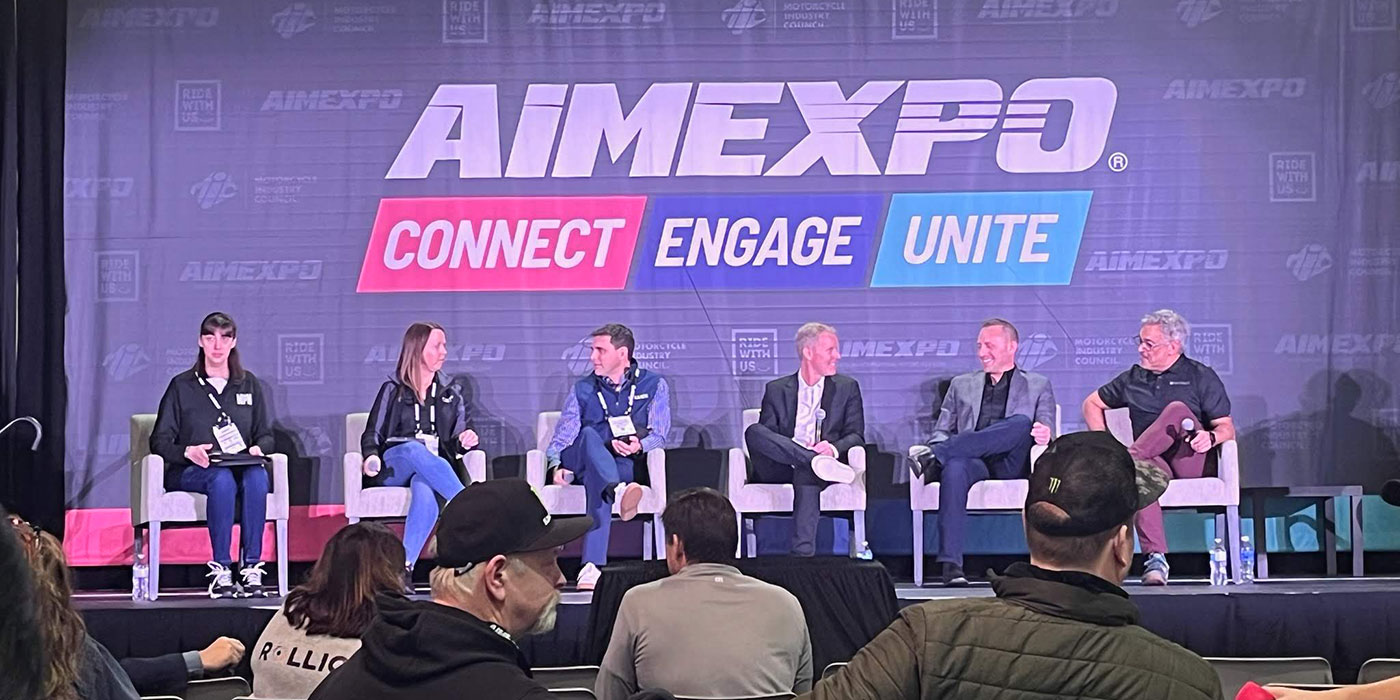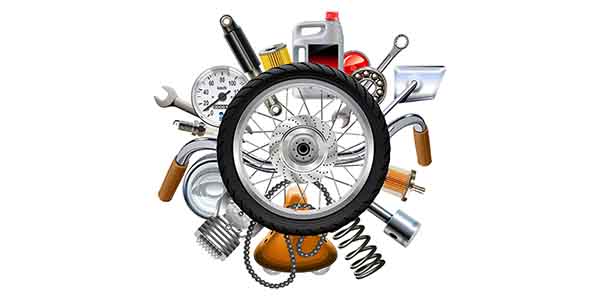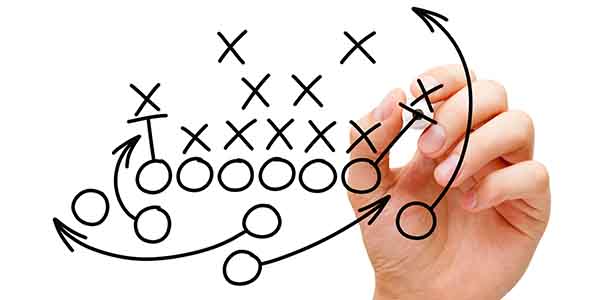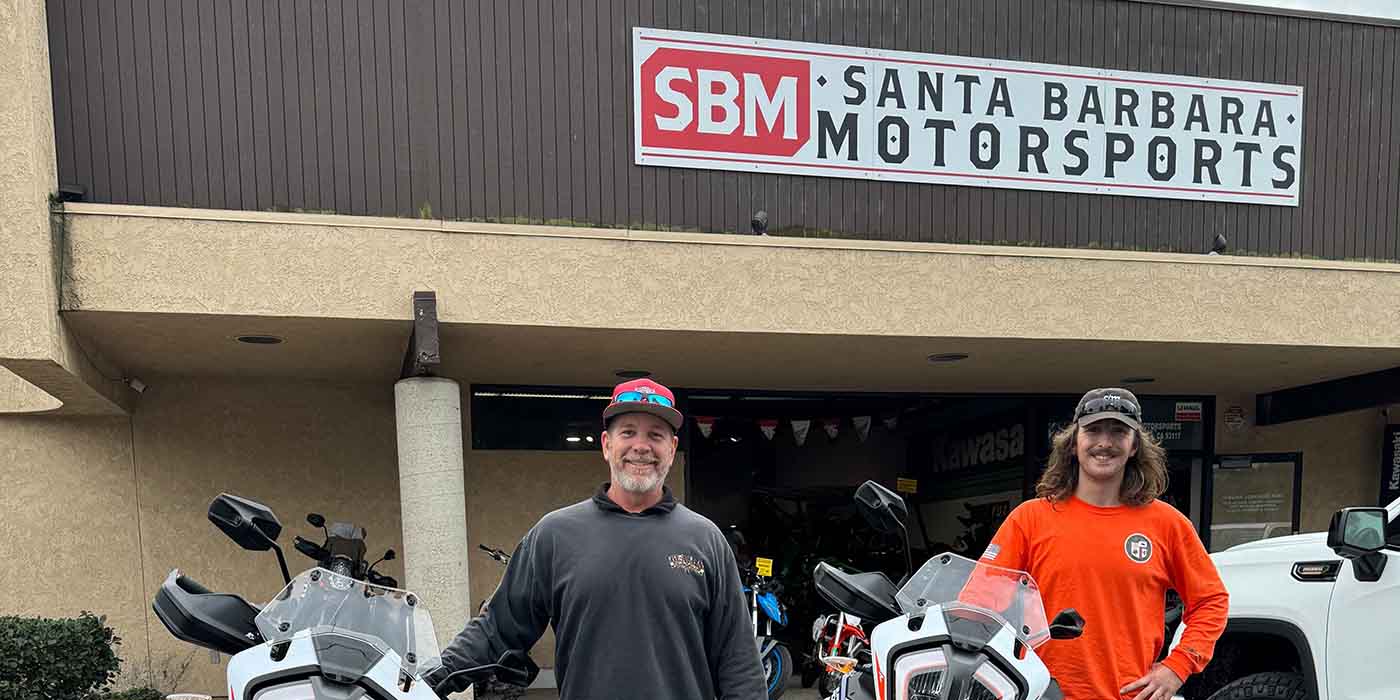Why is it that at every dealership I visit and every workshop I host I hear the same types of complaints: “My salespeople won’t …” Or, “I have to check behind my salespeople because they can’t …” Or, “My salespeople forget to …” Or some other variation along this line?
Yet, when you fly, a smiling flight attendant will always greet you on every airline. You always hear the exact same safety briefing. At 10,000 feet, you will always hear a beep followed by a flight attendant letting everyone know that they may use larger electronic devices. How is it that the aviation industry can achieve a kind of consistency in routine that the motorcycle industry cannot?

At first, I entertained the fact that the people who were hired as flight attendants were smarter or more easily trained than the average
salesperson. After really examining this hypothesis (as intriguing as it was to entertain, as I too was a salesperson when I started in the industry), this did not make sense. So why is this?
In most cases, it comes down to two different forces at work: nurture and nature:
1) A lack of accountability (nurture)
2) Geography of most salespeople’s brains (nature)
Nurture
I was a finance manager for 10 years and can understand that sometimes it is just easier to do it yourself. What you need to ask yourself is, “What does that teach the salesperson?”
I have learned more about managing people from raising my four children than I ever imagined. When you have a small child, it is easy to see that when you treat them a certain way, you are training them to expect this treatment. It can be less obvious when you are working with an adult, but the training works the same. If you do a certain aspect of a person’s job, they will start to expect you to do it from then on. Don’t fall into this trap.
If you expect your salespeople to get trade miles, stock numbers or the customer’s full legal name, then they need to do it. While it may be easier to do it for them, again, I caution you NOT to fall into this trap!
Nature
You may have heard in the past that certain sides of the brain manage specific brain functions. In general, people tend to be either “right-brained” or “left-brained.” This simply means they use either their right or left side to do the majority of their thinking. Most good salespeople are “right-brained.” What this means is that they tend to be more intuitive, thoughtful and subjective. Left-brained people tend to be more logical, analytical and objective. When we ask a right-brained salesperson to be thorough when completing their paperwork, they might have a problem completing this task because they are having to work against their nature.
So, how do we hold them accountable without expecting them to be what they are not?
The middle ground that I think works the best is to have the salespeople get the information that you expect them to handle. Immediately – this is key – immediately you should check over the complete form. If there is anything missing, bring it to your salesperson’s attention and let them know that you will get the information this time, but it is their responsibility to do it next time. The finance manager then meets the customer on the sales floor for their first meet-and-greet and gets the missing information from them. You can find the complete article about the importance of meeting every customer on the sales floor here.
Steve Dodds II is a moderator, trainer and consultant for Gart Sutton and Associates with experience in every position in the sales and finance departments. Dealers rave about his ability to identify areas for improvement and implement the changes that produce superior results. If you have questions about what he or one of our other talented consultants can do to help you meet and exceed your goals, contact us at [email protected].













